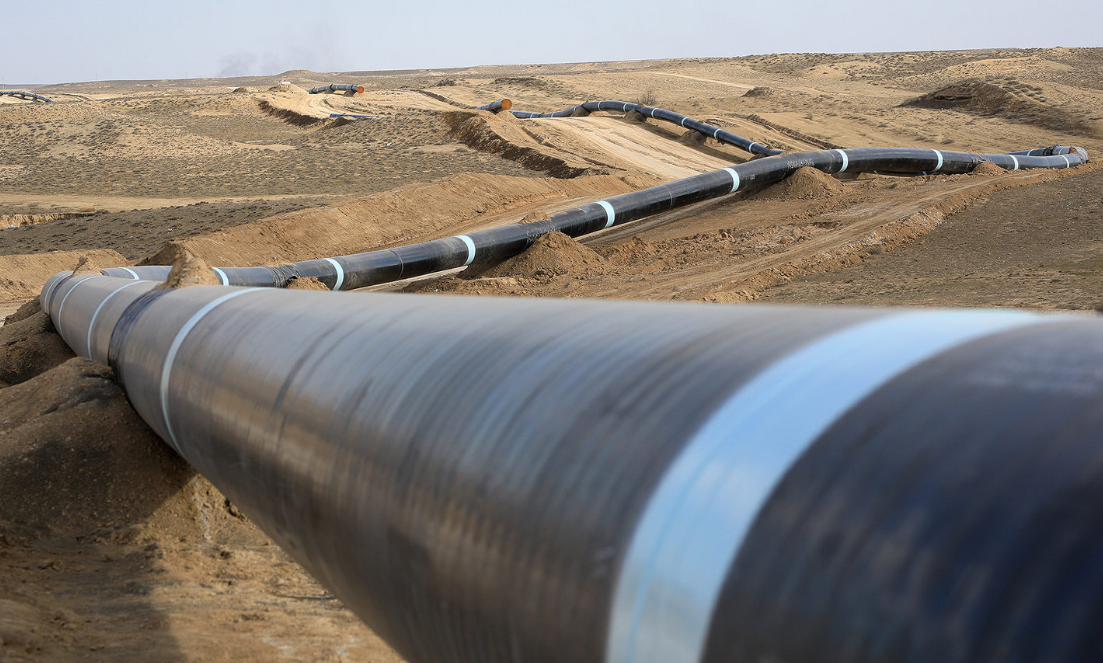
A £17billion project to provide gas for Europe from Azerbaijan’s giant Shah Deniz field will go ahead, it has been confirmed.
The stage two development of the Caspian Sea gas field, off the Azeri coastline, is to be developed by BP and its partners.
The decision will see two new major gas pipelines built – the Trans Anatolian, which will carry the gas across Turkey, and the Trans Adriatic which will bring it through Greece and Albania to Italy.
New infrastructure will also be built in Bulgaria, with the existing South Caucasus pipeline through Azerbaijan and Georgia being extended. Two new platforms will be built in the Caspian Sea.
The project will access up to 16 billion cubic metres of gas per year, piping it more than 3500k to provide energy for European customers.
It will also produce up to 120,000 barrels of condensate per day – more than double the current output from the field.
BP chief executive Bob Dudley said the project would ‘change the energy map’ of Europe.
“Shah Deniz 2 and the Southern Corridor pipelines will not only change the energy map, but will give customers in Europe direct access to the gas resources of Azerbaijan for the first time,” he said.
“The final investment decision today would not have been possible without years of cooperation between many companies and many countries.
“As well as creating tens of thousands of jobs along the route of the pipelines in Azerbaijan, Georgia, Turkey and Europe, this project represents the largest ever foreign investment to Azerbaijan.”
BP will work with Azeri state oil firm SOCAR, Total, Lukoil, NICO, TPAO and Statoil on the Shah Deniz project, with other partners involved in the pipeline work.
North Sea operator Statoil, however, cast a small shadow over the announcement after it emerged they had sold off 10% of their original 25% stake in the project to BP and Socar for more than £888million.
The Norwegian oil major will also not invest in the Trans Anatolian pipeline project – although it will invest in the Trans Adriatic pipeline.
“The divestment corresponds with our strategy of portfolio optimisation based on rigid prioritisation of future investment, and capturing value created from a significant gas position,” said Statoil chief executive Helge Lund.
“We have considered our potential positions throughout the project’s value chain, balancing economics and risks to identify the optimal participation.”
Work has begun on the field to expand the existing facilities, with a production sharing agreement signed until 2048.
“This is the first time that our country and this region has embarked upon such an ambitious gas project,” said Socar presient Rovnag Abdullayev.
“This project paves the way for Azerbaijan’s future and the region’s future.”
Recommended for you

